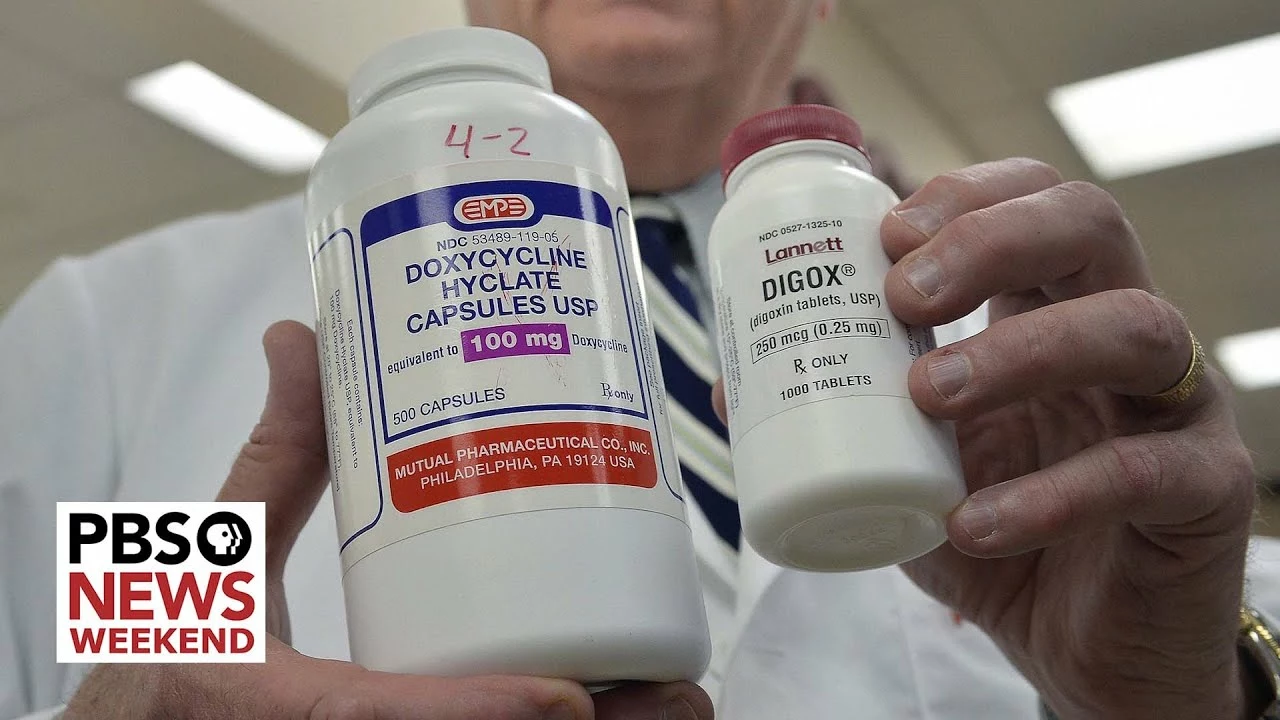Atazanavir and Cholesterol: Risks, Benefits, and Practical Advice
If you or someone you care for is on atazanavir, you probably wonder how it affects cholesterol and heart risk. Our August 2023 post looked closely at real-world effects and straight-up steps you can take to keep lipids under control while staying on effective HIV therapy.
What the article explained
Atazanavir is a protease inhibitor used in many HIV regimens. It can raise total cholesterol and LDL in some people, but not everyone sees big changes. The post compared atazanavir with older protease inhibitors and noted that its impact on lipids is often smaller than older drugs, though individual responses vary. We highlighted that routine checks matter: start with a baseline lipid panel before starting therapy, recheck around three months, and then follow your clinician's schedule—often every 6–12 months.
The post also covered real options if cholesterol rises: adjust lifestyle, add a statin, or consider switching the HIV regimen. It called out specific drug pairings: avoid simvastatin and lovastatin with protease inhibitors because levels can spike; safer choices that clinicians commonly use include atorvastatin or rosuvastatin at appropriate doses, under medical supervision.
Practical steps you can take now
Get a clear baseline. Ask for a fasting or non-fasting lipid panel before starting atazanavir so changes are easy to spot. Recheck at three months after starting or switching therapy.
Small lifestyle moves add up. Swap refined carbs for whole grains, eat more veggies, cut back on fried foods, and aim for 30 minutes of brisk activity most days. These changes often lower triglycerides and boost HDL.
Talk about statins early. If cholesterol stays high despite lifestyle changes, your clinician may add a statin that plays safe with atazanavir. Don’t start or stop statins on your own—interactions matter, and doses may need adjustment.
Watch for symptoms that need a quick check: new chest pain, shortness of breath, or unusual muscle pain while on a statin. Those are reasons to call your provider right away.
Keep communication open. Tell every member of your care team about all medicines and supplements you take. Some over-the-counter drugs and herbal products can change how atazanavir and statins behave.
Want the full read? The August 2023 post on CheapMedicineShop.com breaks down the studies and offers clear examples of management plans used in clinics. If you have specific lab numbers or questions about switching meds, bring them to your next appointment—your clinician can tailor choices to your heart and HIV needs.
